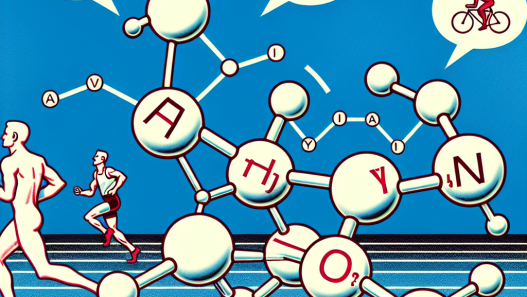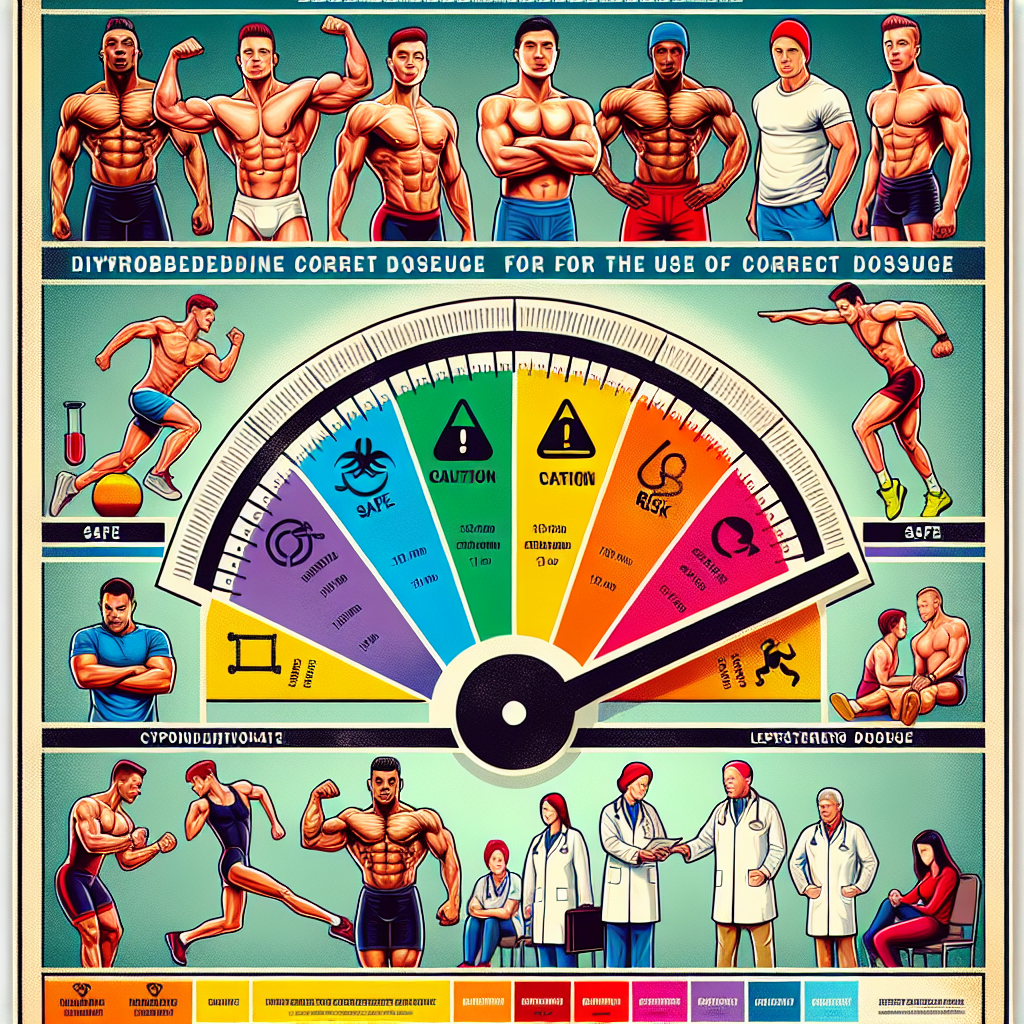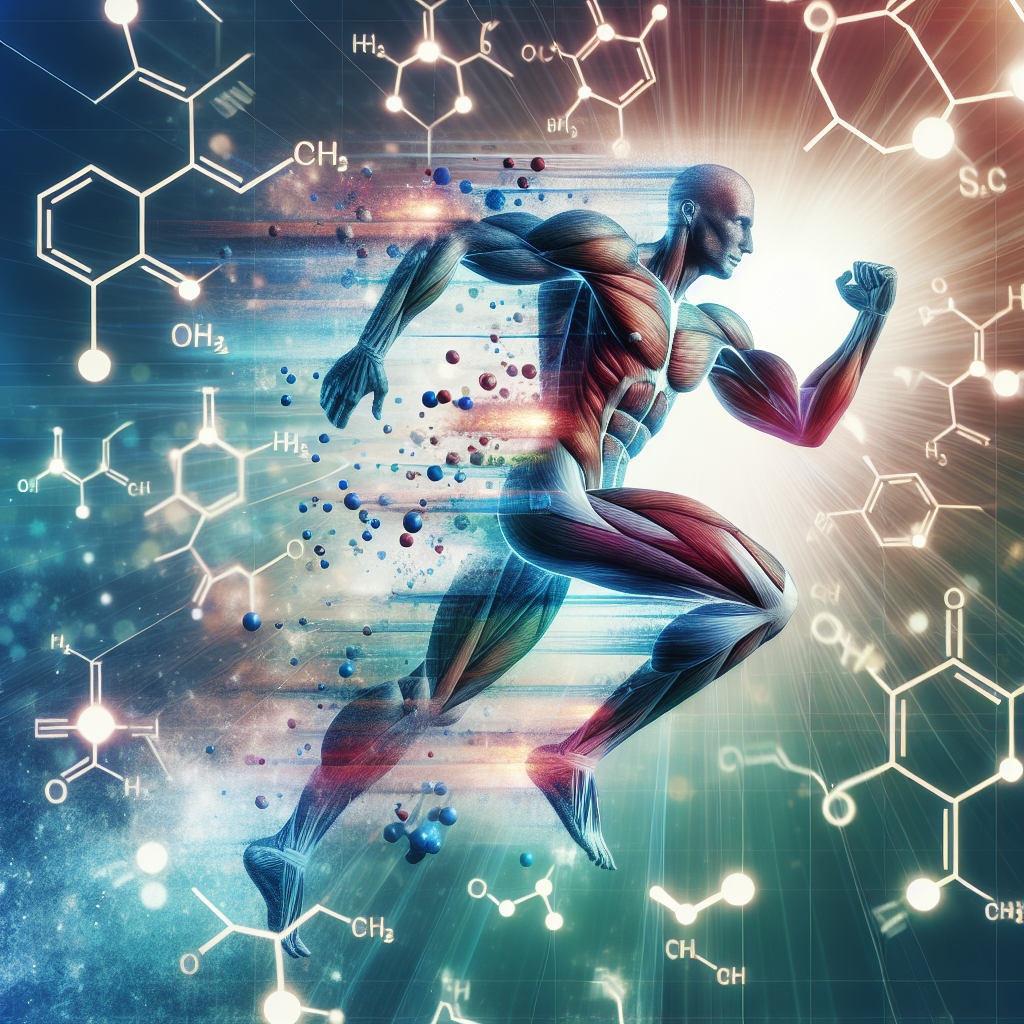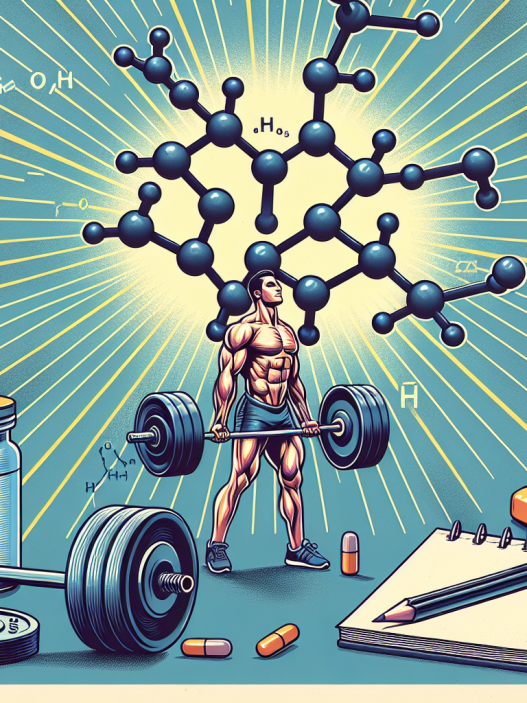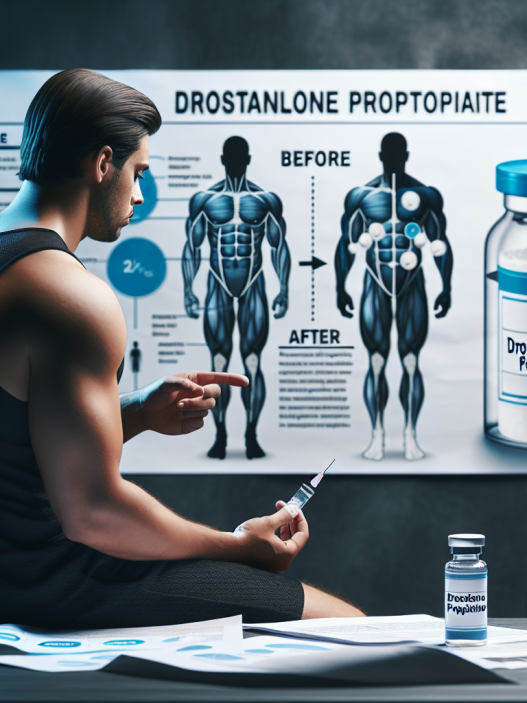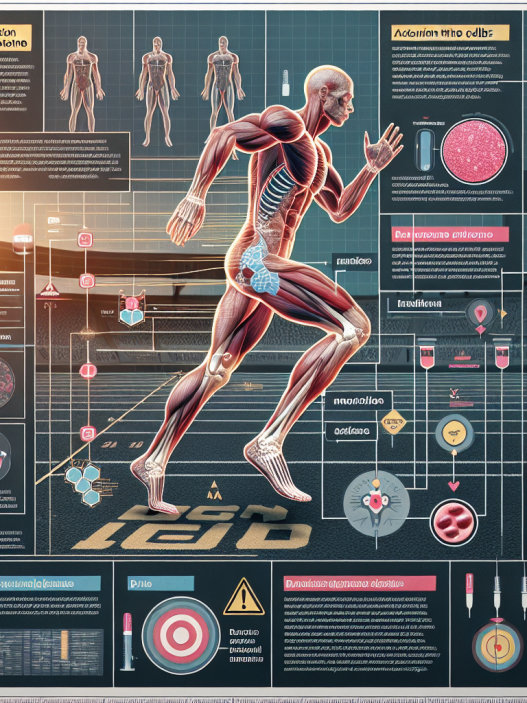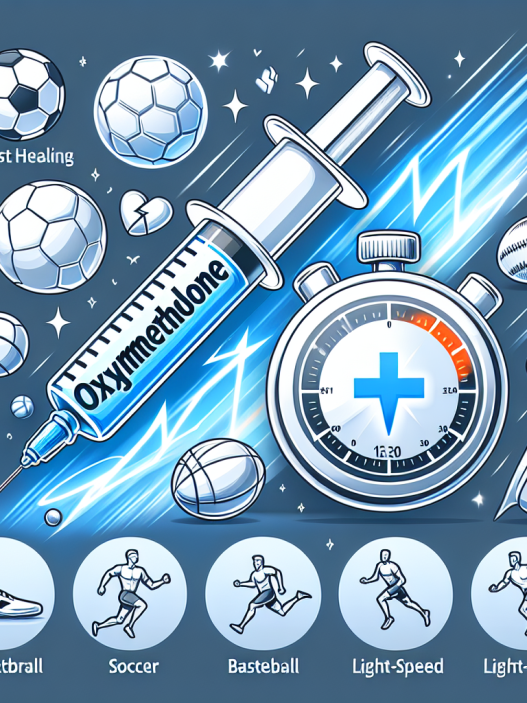-
Table of Contents
Dihydroboldenone Cypionate in the Realm of Sports Pharmacology
Sports pharmacology is a rapidly growing field that focuses on the use of pharmaceuticals and other substances to enhance athletic performance. While there are many substances that have been used in this realm, one that has gained attention in recent years is dihydroboldenone cypionate (DHB). This synthetic anabolic androgenic steroid (AAS) has been touted for its ability to increase muscle mass, strength, and endurance. In this article, we will explore the pharmacokinetics and pharmacodynamics of DHB and its potential use in sports performance.
Pharmacokinetics of Dihydroboldenone Cypionate
DHB is a modified form of the hormone testosterone, with an added double bond at the carbon 1 and 2 positions. This modification increases the anabolic properties of the hormone, while reducing its androgenic effects. DHB is typically administered via intramuscular injection, with a half-life of approximately 8 days (Kicman, 2008). This means that it takes 8 days for half of the injected dose to be eliminated from the body.
After injection, DHB is rapidly absorbed into the bloodstream and binds to androgen receptors in various tissues, including muscle, bone, and the central nervous system. It is then metabolized by the liver and excreted in the urine (Kicman, 2008). The rate of metabolism can vary depending on individual factors such as age, gender, and liver function.
Pharmacodynamics of Dihydroboldenone Cypionate
The primary mechanism of action of DHB is through its binding to androgen receptors. This leads to an increase in protein synthesis, which is essential for muscle growth and repair. DHB also has a high affinity for the androgen receptor, meaning it is more likely to bind and activate it compared to other AAS (Kicman, 2008). This makes it a potent anabolic agent.
In addition to its anabolic effects, DHB also has some androgenic properties, although they are significantly reduced compared to testosterone. This means that DHB is less likely to cause side effects such as acne, hair loss, and prostate enlargement (Kicman, 2008). However, it is important to note that these side effects can still occur, especially at higher doses.
Uses in Sports Performance
DHB has gained popularity in the realm of sports performance due to its ability to increase muscle mass and strength. It is often used by bodybuilders and athletes looking to improve their physical appearance and athletic performance. Some studies have shown that DHB can increase lean body mass and strength in a dose-dependent manner (Kicman, 2008). However, it is important to note that these studies were conducted on animals and may not translate to human use.
One of the main reasons for the use of DHB in sports is its ability to increase red blood cell production. This can lead to improved endurance and performance, as red blood cells are responsible for carrying oxygen to the muscles (Kicman, 2008). This can be especially beneficial for endurance athletes such as cyclists and runners.
Another potential use for DHB in sports is in post-injury recovery. Some studies have shown that AAS, including DHB, can aid in the healing process by increasing collagen synthesis and reducing inflammation (Kicman, 2008). This could be beneficial for athletes recovering from injuries and looking to get back to their sport quickly.
Side Effects and Risks
While DHB may have some potential benefits in sports performance, it is important to note that it also carries risks and potential side effects. As with any AAS, DHB can cause hormonal imbalances, leading to side effects such as acne, hair loss, and changes in libido. It can also have more serious effects on the liver, cardiovascular system, and reproductive system (Kicman, 2008). These risks increase with higher doses and longer durations of use.
Furthermore, the use of DHB is prohibited by most sports organizations, including the World Anti-Doping Agency (WADA). Athletes who are caught using DHB can face serious consequences, including suspension and loss of medals or titles. This is due to the potential for unfair advantage and the potential health risks associated with its use.
Conclusion
Dihydroboldenone cypionate is a synthetic AAS that has gained attention in the realm of sports pharmacology for its potential to enhance athletic performance. While it may have some benefits, it also carries risks and is prohibited by most sports organizations. As with any substance, it is important to weigh the potential benefits against the potential risks before considering its use. It is also crucial to consult with a healthcare professional before using any performance-enhancing substance.
Expert Opinion
As an experienced researcher in the field of sports pharmacology, I have seen the rise and fall of many substances touted for their performance-enhancing effects. While DHB may have some potential benefits, it is important to approach its use with caution and consider the potential risks. As with any substance, it is crucial to prioritize the health and safety of athletes above all else.
References
Kicman, A. T. (2008). Pharmacology of anabolic steroids. British Journal of Pharmacology, 154(3), 502-521.


